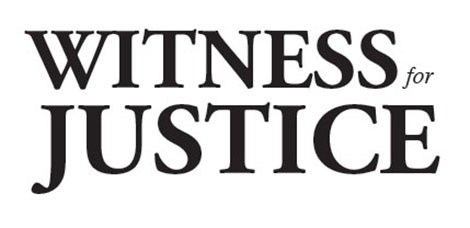Commentary: The Long Haul
 I have lost count of the number of times I have heard people express their eagerness for the end of what has been a particularly long, contentious, challenging election season. I get it. There is almost a tangible feeling in the air of staggering across the finish line after a grueling marathon. I understand, having attempted a marathon or two, and staggered across the finish line myself.
I have lost count of the number of times I have heard people express their eagerness for the end of what has been a particularly long, contentious, challenging election season. I get it. There is almost a tangible feeling in the air of staggering across the finish line after a grueling marathon. I understand, having attempted a marathon or two, and staggered across the finish line myself.
There are ways in which elections and civic engagement are similar to marathons, but key ways in which they are different. Like marathons, civic engagement requires endurance, training of body, mind and spirit to be in it for the long haul. But unlike marathons, there is no starting line or finish line in our democratic process and in our common life. In fact, some of the hardest work of democracy comes after Election Day. That is all the more true for the days and months following the current election cycle.
As much as we often love to use sports analogies and metaphors to describe elections and our common political life, the analogy breaks down in this fundamental way – elections are not like sporting events where we can cheer our favorite athlete or team to victory. Tom Krattenmaker, communications director at Yale Divinity School and contributing columnist in USA Today wrote in a recent article “… our shared public life in this ethnically and politically and every-other way diverse United States of America is not a game of football…. It is not a sports contest… where we track who won and who lost, who’s moving up in the standings, where we root, root, root for the home team and who the hell cares what consequences are suffered by the losers.”
Ultimately we are all, in the fullness of our complexity and diversity, on the same team in our common life together. We need each other, and inevitably impact each other with our decisions and choices.
If nothing else, the global economic, environmental and political challenges before us should make clear that we are, as Martin Luther King, Jr. wisely declared so many years ago, “caught in an inescapable network of mutuality.” And while this network of mutuality can bring great challenges and confusion as we navigate the multiple realties of our communities, it also holds the promise of a way forward in our public policy process that can enhance and improve our world.
In a recent interview on Krista Tippet’s radio show “On Being,” E.J. Dionne and David Brooks, journalists and commentators from different places on the liberal/conservative spectrum, talked about the hard work of civic engagement that awaits us after November 8. There is great possibility in this challenge. Quoting philosopher Michael Sandel, E.J. Dionne hinted at this hope, noting, “When politics goes well we can know a good in common that we cannot know alone.” That can only happen when we commit to faithfulness in the long haul of our common life.
Sandy Sorensen is Director, Washington, DC Office of the United Church of Christ.
View this and other columns on the UCC’s Witness for Justice page.
Donate to support Witness for Justice through the Neighbors in Need offering.
Click here to download the bulletin insert.
Related News
Celebrating Diversity, Equity, Inclusion, and Accessibility
In the beautiful diversity of humankind, we are invited to celebrate diversity, equity,...
Read MoreThe Gifts of Advent
One of my favorite seasons of the year is Advent, which often falls on the first Sunday after...
Read MoreLand, Artifacts, and Ancestors Back
Imagine one of your great grandparents toiled over a hand-written, illustrated copy of the...
Read More
